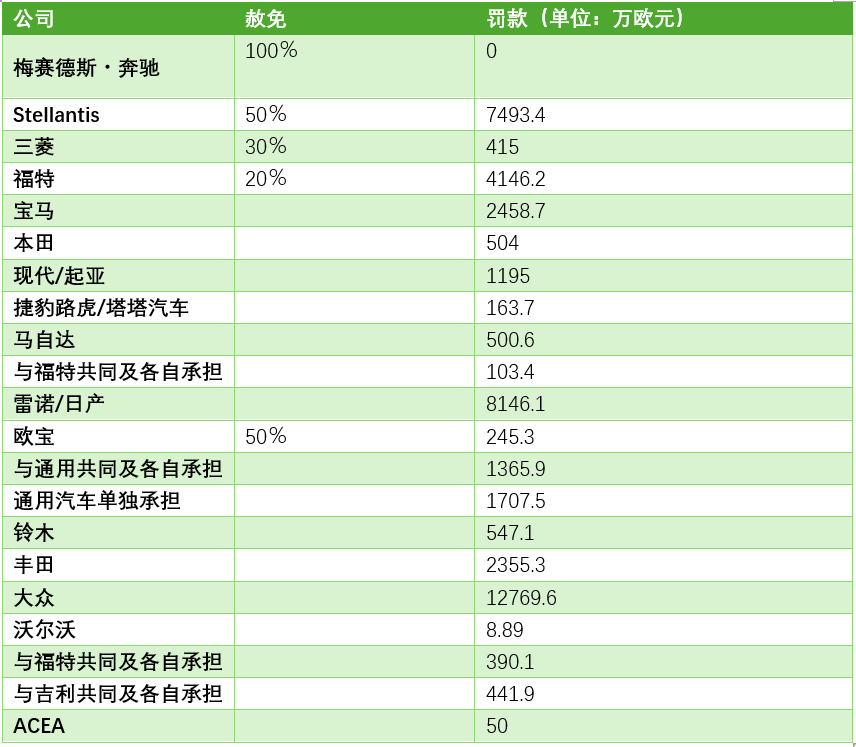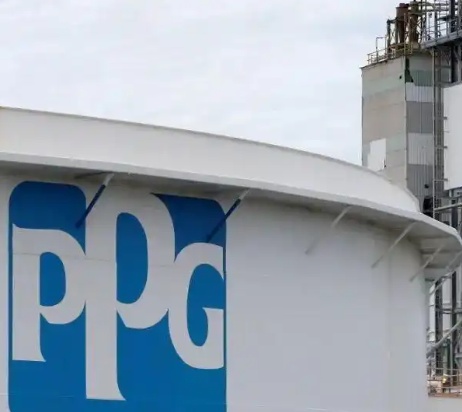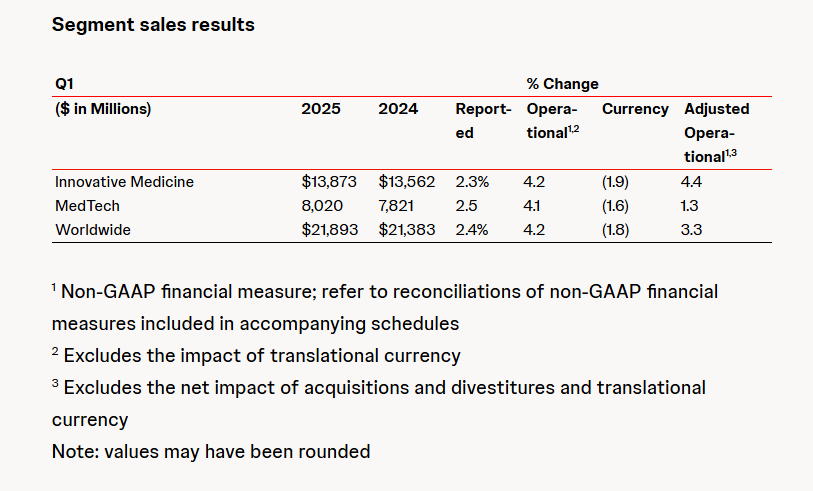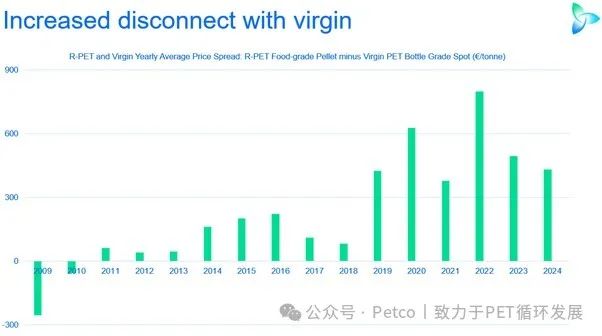3.635 billion yuan! EU's hefty fine exposes the "recycling scandal" in the auto industry, as monopoly alliances turn environmental protection into a joke.
Following President Trump's announcement regarding imports Imposing higher tariffs, the global automotive industry is already preparing for the tough times ahead. The latest developments in Europe may make the situation worse, as the EU has uncovered another major scam in modern automotive history.
In the past day, the European Commission has imposed a total fine of 458 million euros (approximately 3.635 billion yuan) on 15 large car manufacturers operating in Europe and the European Automobile Manufacturers Association (ACEA) for their involvement in "a long-standing End-of-Life Vehicles (ELV) recycling monopoly alliance". All these companies admitted to participating in the monopoly alliance and agreed to settle.
Mercedes-Benz was also part of the cartel, but the company was granted full immunity as a key whistleblower, saving it from a 35-million-euro ($282-million) fine. Some well-known car manufacturers, including Stellantis (and its subsidiary Opel), Mitsubishi, and Ford, received certain reductions in fines for cooperating with the European Commission.


EU Directive on End-of-Life Vehicles (ELV)
End-of-Life Vehicles (ELVs) refer to cars that are no longer suitable for road use due to age, wear, or damage. These vehicles are typically dismantled and processed accordingly to achieve goals of recycling, reusing, and properly disposing of them, thereby reducing waste generation and recovering valuable materials such as metals, plastics, and glass. This effort is aimed at better supporting the European Union's decarbonization and recycling objectives.
The European Union passed the 2000/53/EC Directive on end-of-life vehicles (the "ELV Directive") in 2000, which began to be implemented in 2002. Every year, millions of cars are scrapped in Europe. If end-of-life vehicles are not managed properly, they can pose a threat to the environment and lead to a significant loss of materials. The introduction of the directive aims to minimize the environmental impact of end-of-life vehicles and improve the environmental performance of all economic operators involved in the vehicle life cycle. The directive contains regulations on the collection, treatment, recycling, and reuse of end-of-life vehicles.
The European Union's End-of-Life Vehicles (ELV) directive is set to undergo a major revision, with the new ELV directive on the horizon. Since the EU's publication of the "Circular Requirements for Vehicle Design and End-of-Life Vehicle Management" (the "new ELV directive") proposal on July 13, 2023, it has attracted widespread attention from global automotive companies. On January 29, 2025, the European Parliament officially released the draft report on the resolution of the new ELV directive proposal, with the legislative process continuing to advance. The draft mentions the following key amendments:
Recycled Plastic Proportion Adjustment:The new ELV directive aims to increase the use of recycled plastics in vehicles. The European Commission initially proposed a 25% recycled plastic ratio for new cars, but the European Parliament considered it to be "reasonable and realistic" and reduced the ratio to 20%. At the same time, the proportion of recycled plastics from scrapped vehicles also dropped from the originally proposed 25% to 15%.
Expansion of sources for recycled plastics:The sources of recycled plastics have been expanded in the revised version. To achieve the 20% quota, manufacturers can now use pre-consumer, post-consumer waste plastics, and bio-based plastics in addition to the original sources, making it more flexible to achieve sustainability goals.
Redefinition of plastic types:The revised regulations stipulate that only thermoplastic and polyurethane foam plastics are considered as plastics. Since thermoset plastics are difficult to recycle, including them would increase industrial costs. This ensures that only recyclable plastics are counted towards the target, and allows for adjustments to the regulations based on future advancements in recycling technology.
Strengthen supervision and evaluation:The European Parliament has called on the European Commission to develop standard methods for calculating and verifying the recycled content within 12 months of the entry into force of the regulation, taking into account advanced technologies such as chemical recycling, and to introduce digital product passports to improve the traceability of recycled plastics.
Punishment Reason
The monopoly alliance began in May 2002 and lasted until September 2017, spanning 15 years. According to the investigation results of the European Commission, 16 major car manufacturers, including Mercedes-Benz, which was not fined, reached an anti-competitive agreement with the European Automobile Manufacturers Association (ACEA) and acted in concert in the field of end-of-life vehicle recycling.
Specifically, these automakers have improper collusion in the following two aspects:
The "zero processing cost" strategy: They unanimously agreed not to pay vehicle dismantlers for processing end-of-life vehicles, believing that the recycling of end-of-life vehicles is a profitable business and thus no service fees need to be paid. Additionally, these companies shared commercially sensitive information with vehicle dismantlers and coordinated their actions towards the dismantlers.
Concealing recycling information: They decided not to publicize the quantity of recyclable parts in scrapped vehicles, the reuse rate, or the use of recycled materials in new cars. The aim is to prevent consumers from considering these environmental factors when purchasing vehicles, thereby reducing the competitive pressure on companies due to environmental requirements.
According to the current European Union End of Life Vehicles (ELV) directive - 2000/53/EC, the last owner of a scrapped vehicle has the right to hand it over to dismantlers for free, and car manufacturers are obliged to bear the relevant costs if necessary. In addition, car companies are obliged to inform consumers about the recyclability of the vehicle.
【Copyright and Disclaimer】The above information is collected and organized by PlastMatch. The copyright belongs to the original author. This article is reprinted for the purpose of providing more information, and it does not imply that PlastMatch endorses the views expressed in the article or guarantees its accuracy. If there are any errors in the source attribution or if your legitimate rights have been infringed, please contact us, and we will promptly correct or remove the content. If other media, websites, or individuals use the aforementioned content, they must clearly indicate the original source and origin of the work and assume legal responsibility on their own.
Most Popular
-

Overseas Highlights: PPG Establishes New Aerospace Coatings Plant in the US, Yizumi Turkey Company Officially Opens! Pepsi Adjusts Plastic Packaging Goals
-

Abbott and Johnson & Johnson: Global Medical Device Giants' Robust Performance and Strategies Amid Tariff Pressures
-

BYD releases 2024 ESG report: Paid taxes of 51 billion yuan, higher than its net profit for the year.
-

Behind pop mart's surging performance: The Plastics Industry Embraces a Revolution of High-End and Green Transformation
-

The price difference between recycled and virgin PET has led brands to be cautious in their procurement, even settling for the minimum requirements.



